Red wine has long been celebrated for its role in the Mediterranean diet and for antioxidants like resveratrol, which may support heart health. But when it comes to weight management, the story is more complicated.
That evening glass of red wine may feel like a healthy treat compared to a slice of cake, but the calories can add up quickly. A standard 5-ounce pour contains about 125 calories of what nutrition experts sometimes call “empty calories,” those without the protein, fiber, or healthy fats that help keep you satisfied. And most people don’t measure; home pours often creep up to 6 to 8 ounces, which can push the calorie count closer to 150 to 200 per glass.
Do this night after night, and you’re taking in far more calories than you realize. To make matters trickier, wine’s liquid calories don’t register with your body the same way solid foods do, so they’re less likely to curb your appetite.
Moderate wine consumption can certainly fit into a balanced lifestyle, but its calorie load, tendency to lower food inhibitions, and impact on sleep make it a complicated habit if you’re trying to lose weight.
So where does that leave red wine in a healthy diet? Let’s look at the grey area this beverage occupies—and how to manage the calories and alcohol if you’re aiming to lose weight.
✅ Quick answer
It depends – red wine can be part of a weight loss plan, but it needs to be part of a balanced, lower-calorie diet if you want to lose weight.
✅ Why red wine can support your goals:
- It’s low in carbohydrates – With only about 4 grams per glass, red wine can fit into most low-carb eating styles—as long as you don’t let the pours get too generous.
- It contains antioxidants – Red wine is rich in polyphenols like resveratrol, which some studies suggest may support metabolic health, though evidence in humans remains limited.
- It’s part of a sustainable lifestyle – Drinking the occasional glass of wine can make a healthy eating plan feel less like a diet and more like a lifestyle you can actually live with.
⚠️ Things to be mindful of:
- It’s high in calories that provide no nutrition – A standard 5-ounce glass contains about 125 calories with virtually no protein, fiber, vitamins, or minerals to show for it.
- Alcohol can stimulate appetite and lower inhibitions – Alcohol is known to increase hunger and reduce self-control, potentially leading to overeating and poor food choices.
- It may disrupt sleep quality – While wine might make you feel drowsy initially, alcohol negatively impacts deep sleep, which is crucial for weight management and recovery.
Rx weight loss, the right way, with Noom
Get access to prescription weight loss medication with Noom.🥗 Nutrients in red wine (per 5 oz glass / 147g)
| Nutrient | Amount | % RDA* |
|---|---|---|
| Calories | 125 calories | 6% |
| Protein | 0.1 g | <1% |
| Total carbs | 3.8 g | 1% |
| Fiber | 0 g | 0% |
| Sugars | 0.9 g | — |
| Total fat | 0 g | 0% |
| – Saturated fat | 0 g | 0% |
| – Monounsaturated fat | 0 g | — |
| – Polyunsaturated fat | 0 g | — |
| Omega-3 | 0 g | — |
| Omega-6 | 0 g | — |
A standard 5-ounce glass of red wine is mostly water and alcohol, which adds up to about 125 calories. What you don’t get are the things that usually help keep you full—like protein, fiber, or healthy fats.
In other words, red wine doesn’t bring much to the table nutritionally. There’s no fiber to support digestion or satiety, and the small amount of carbs it contains won’t do much for energy. While it is lower in sugar than many cocktails or sweetened drinks, those alcohol calories can sneak up on you—especially if you’re keeping an eye on your weight-loss goals.
*Recommended dietary allowance (RDA) is defined as the average daily amount of nutrients needed to meet the requirements of nearly all healthy people in a specific group.
💊 Vitamins & minerals in red wine (per 5 oz glass / 147g)
| Vitamin/Mineral | Amount | % RDA* |
|---|---|---|
| Manganese | 0.15 mg | 7% |
| Potassium | 187 mg | 4% |
| Iron | 1.0 mg | 6% |
| Magnesium | 18 mg | 4% |
| Phosphorus | 34 mg | 3% |
Red wine isn’t a significant source of essential vitamins and minerals. A standard glass provides only small amounts, typically under 7% of the RDA, for a few key nutrients. The modest amounts of manganese, potassium, and iron come from the grapes and soil where they were grown.
However, these quantities are too low to make any meaningful impact on your daily nutritional needs. You would need to consume an unhealthy amount of wine to obtain substantial doses of any micronutrients. Wine should not be relied upon as a source of vitamins or minerals. its primary appeal lies in its taste and potential antioxidant compounds, not its nutrient density.
🔍 Nutrient breakdown
Glycemic index (GI) of red wine
✔️ Glycemic index: Low
💡 Tip: Low-GI foods are digested slowly, helping maintain stable blood sugar levels and prevent energy crashes that can lead to cravings.
Is red wine high in protein?
❌ No: Red wine contains negligible amounts of protein, with approximately 0.1 g per glass.
🔹 Better protein alternatives: Greek yogurt | Chicken breast | Lentils
Is red wine high in fiber?
❌ No: Red wine provides 0 g of fiber per glass. The fermentation process breaks down grape components, leaving no dietary fiber behind.
💡 Tip: To increase your fiber intake, focus on whole foods like fruits, vegetables, legumes, and whole grains.
Is red wine low in carbs?
✔️ Yes: Red wine is considered low-carb, with just 3.8 g of carbs per standard glass.
💡 Tip: For the lowest carb count, choose dry red wines like Pinot Noir, Merlot, or Cabernet Sauvignon over sweeter varieties.
Is red wine gluten-free?
✔️ Yes: Red wine is naturally gluten-free as it’s made from grapes, not grains like wheat, barley, or rye.
Is red wine good for fat loss?
Maybe: Due to its low-carb profile, red wine won’t inherently cause fat gain if consumed mindfully, but the alcohol provides empty calories and can lower inhibitions, potentially leading to overeating.
🍽️ Diet compatibility: Which diets include red wine?
| Diet | ✅Yes /❌No | Why |
|---|---|---|
| Keto | ✅ | A glass of dry red wine is low in carbs (typically 3 to 4 g) and can fit within daily carb limits, though calories still matter. |
| Paleo | ❌ | Alcohol is not considered Paleo as it’s a processed product requiring fermentation and wasn’t part of the Paleolithic diet. |
| Mediterranean | ✅ | Moderate red wine consumption with meals is a cornerstone of this eating pattern, valued for its cultural and potential health role. |
| Vegan | ✅/❌ | While made from grapes, some wines use animal-derived fining agents. Look for wines labeled as “vegan” or “unfined.” |
| Gluten‑free | ✅ | Red wine is naturally gluten-free and considered safe for those with celiac disease or gluten sensitivity. |
Red wine’s diet compatibility varies significantly. It’s celebrated as part of the Mediterranean diet but excluded from strict Paleo approaches. For keto dieters, dry red wine can work in moderation due to its low carb content. The vegan situation is complex since some winemaking processes use animal products for clarification, though many vegan options exist.
🌟 Is red wine healthy? What are the health benefits
Metabolic health: Is red wine good for your metabolism?
- ✔️ Boosts metabolism? Potentially – Some animal studies suggest resveratrol might help convert storage fat into more metabolically active fat, but human evidence remains very limited.
- ❔ Improves insulin sensitivity? Maybe – Some studies suggest moderate consumption may improve insulin sensitivity, but results are mixed and more research is needed.
- ❔ Effect on fat storage? Mixed – While some compounds may theoretically help prevent fat storage, alcohol calories can easily contribute to weight gain if not carefully managed.
Cholesterol impact: Does red wine affect cholesterol levels?
- ✔️ Does it lower LDL (bad) cholesterol? Possibly – Some studies suggest moderate consumption may help prevent LDL oxidation, but lifestyle factors likely play a bigger role.
- ❔ Does it raise HDL (good) cholesterol? Maybe – The alcohol component may contribute to slight HDL increases, but this effect isn’t unique to wine.
- ❔ Overall impact on heart health? The relationship between moderate wine consumption and heart health is complex, with benefits likely coming from overall lifestyle patterns rather than wine alone.
💡 Tip: Any potential heart benefits are linked to true moderation – no more than one glass daily for women, two for men.
Can I drink red wine for a calorie deficit?
✔️ Yes, with caution: You can include red wine in a calorie deficit, but you must account for its 125 calories per glass in your daily budget.
💡 Tip: Treat red wine as a discretionary treat and subtract its calories from your daily total to stay on track.
Is red wine rich in antioxidants?
✔️ Yes: Red wine contains polyphenols like resveratrol, though the actual health benefits in humans are still being studied and may be overstated.
Does red wine support gut health?
❔ Limited: Some research suggests polyphenols may act as prebiotics, but the alcohol content can also disrupt gut bacteria balance.
Does red wine support digestion?
❌ No: Wine doesn’t contain fiber or enzymes that aid digestion, and alcohol can actually irritate the stomach lining for some people.
Does red wine help you feel satiated and less hungry?
❌ Low: Red wine doesn’t promote satiety since it lacks fiber and protein, and alcohol can actually increase appetite.
🍽️ Satiety Level: Low
💡 Tip: Always consume wine with or after a balanced meal rich in protein and fiber, never on an empty stomach.
Does red wine help with nighttime cravings?
❌ No: While it might feel relaxing, wine can disrupt blood sugar control and negatively impact sleep quality, potentially increasing cravings.
💡 Tip: If you enjoy wine in the evening, have it with dinner rather than as a late-night drink to minimize sleep disruption.
Does red wine help reduce inflammation?
❔ Possibly: Some studies suggest polyphenols have anti-inflammatory properties, but the overall evidence in humans is limited.
Is red wine beneficial for brain health?
❔ Limited evidence: While some observational studies link moderate consumption to cognitive health, the relationship may be due to other lifestyle factors.
Can red wine improve skin and hair health?
❌ Minor benefits: Any antioxidant benefits are likely outweighed by alcohol’s dehydrating effects on skin and hair.
Can red wine help balance hormones?
❌ Limited evidence: While resveratrol has been studied for hormonal effects, excessive alcohol consumption is known to disrupt hormone balance.
💡 Tip: Focus on proven hormone-supporting strategies like adequate sleep, stress management, and nutrient-dense foods.
Calories in popular red wine types (per 5-oz glass)
The calorie differences between dry red wines are relatively small—most fall within a 10-calorie range per glass. The bigger difference comes from the sweetness level, with dessert wines containing significantly more calories and carbs due to residual sugar content.
Dry red wines (lowest calories):
- Pinot noir: 121-125 calories, 3.4g carbs
- Cabernet sauvignon: 122-126 calories, 3.8g carbs
- Merlot: 122-125 calories, 3.7g carbs
- Syrah/shiraz: 122-125 calories, 3.8g carbs
- Sangiovese: 126-130 calories, 3.9g carbs
Medium-bodied reds:
- Zinfandel: 129-135 calories, 4.2g carbs
- Chianti: 126-130 calories, 3.9g carbs
Sweet/dessert red wines (highest calories):
- Port: 165-185 calories, 12-15g carbs
- Red Moscato: 140-160 calories, 11-16g carbs
- Lambrusco (sweet): 138-145 calories, 7-9g carbs
Dry vs. sweet wine: What’s the difference for weight loss?
Dry wines are fermented until almost all the grape’s natural sugars are converted to alcohol, leaving less than 10 grams of residual sugar per liter. This results in fewer carbohydrates and calories overall. Dry wines taste less sweet and often have more pronounced tannins and acidity.
Sweet wines retain more residual sugar either by stopping fermentation early or adding sugar back. This creates wines with 35+ grams of sugar per liter, significantly increasing both calories and carbs. Sweet wines taste noticeably sugary and often pair with desserts.
For weight loss, dry wines are the clear winner. A glass of dry cabernet contains about 125 calories and 4g carbs, while a glass of Port can contain 185 calories and 15g carbs – that’s nearly 50% more calories and almost 4 times the carbohydrates.
🍽️ Best ways to include red wine for weight loss
- Stick to one standard serving: Use a measuring cup to pour exactly 5 ounces to avoid accidentally consuming multiple servings’ worth of calories.
- Choose dry varieties: Opt for dry wines like pinot noir, cabernet sauvignon, or merlot, which are lower in calories than sweet wines.
- Avoid wine cocktails: Skip sangria and other mixed wine drinks that add fruit juice, soda, and sweeteners, dramatically increasing calories and sugar content.
🍏 Best alternatives & comparisons (Per 5 oz serving)
| Food | Calories | Carbs | Fiber | Protein | Fat |
|---|---|---|---|---|---|
| Red wine | 125 | 3.8 g | 0 g | 0.1 g | 0 g |
| White wine (dry) | 121 | 3.8 g | 0 g | 0.1 g | 0 g |
| Light beer (12 oz) | 103 | 6 g | 0 g | 0.9 g | 0 g |
| Kombucha (8 oz) | 30 | 7 g | 0 g | 0 g | 0 g |
| Sparkling water with lime | 0 | 0 g | 0 g | 0 g | 0 g |
When comparing red wine to alternatives, the calorie content becomes apparent. While similar to white wine, it’s significantly higher in calories than light beer or non-alcoholic options like kombucha. For those prioritizing weight loss, sparkling water with citrus provides the refreshing, social aspect of a drink without any calories. The comparison highlights that while red wine offers unique antioxidants, it’s not the lowest-calorie beverage choice available.
Frequently asked questions about red wine and weight loss
Can I drink red wine every day and still lose weight?
Daily red wine consumption can fit into a weight loss plan, but only if you account for the 125 calories per glass in your daily budget and stick to true moderation (one glass for women, up to two for men). The calories can easily add up if portions aren’t measured carefully. And always talk to your doctor to make sure a daily glass of wine is safe for you.
Is red wine better than white wine for weight loss?
Red and white wines are very similar in calories and carbs, so neither has a significant advantage for weight loss. Red wine does contain more antioxidants due to the grape skins used in production, but both should be treated as empty-calorie indulgences.
Will drinking red wine slow down my metabolism?
Red wine itself won’t significantly slow your metabolism, but alcohol can temporarily reduce fat burning as your body prioritizes processing alcohol. Additionally, poor sleep from evening alcohol consumption can negatively impact metabolic health over time.
Can I substitute red wine for dessert to save calories?
This substitution only works if the wine has fewer calories than your typical dessert. A glass of red wine (125 calories) has fewer calories than most desserts, but it won’t provide the satisfaction that fiber and protein-rich foods offer, potentially leaving you wanting more food later.
Are the antioxidants in red wine worth the calories for weight loss?
While red wine does contain beneficial antioxidants, you can get far more antioxidants from lower-calorie sources like berries, dark leafy greens, and green tea. The antioxidants alone don’t justify the calories if weight loss is your primary goal.
What’s the best time to drink red wine if I’m trying to lose weight?
If you choose to include wine, have it with dinner rather than on an empty stomach or late at night. This helps slow alcohol absorption and reduces the likelihood of disrupting your sleep or triggering late-night snacking.
🧠 The bottom line: Red wine is good for weight loss in moderation
Red wine occupies a unique position in the weight loss conversation. While it’s not inherently a weight loss food, it can be part of a balanced approach when consumed mindfully. The key is understanding that wine provides empty calories with minimal nutritional value, despite containing some potentially beneficial antioxidant compounds.
The research on resveratrol and other wine compounds, while intriguing, remains largely preliminary and doesn’t conclusively prove significant health benefits in humans at typical consumption levels. What we do know is that wine contains 125 calories per standard glass that must be accounted for in any weight loss plan. Success comes down to portion control, choosing dry varieties, and treating wine as an occasional indulgence rather than a daily habit or health supplement.
For sustainable weight loss, focus on nutrient-dense foods that provide satiety and essential nutrients. If you enjoy wine, a single glass with dinner can fit into a healthy lifestyle, but it should never be considered a shortcut to better health or weight management.
📖 Scientific evidence
- Moderate red wine is linked to less weight gain over time (Nutrients, 2023). In a long-term study of over 19,000 normal-weight adults, those who drank moderate amounts of red wine were less likely to become overweight or obese compared to non-drinkers.
- Resveratrol in red wine may support weight management (Annals of the New York Academy of Sciences, 2010). Lab and animal studies found that resveratrol reduced fat cell growth, boosted fat breakdown, and improved resistance to weight gain.
- Moderate wine consumption is associated with some health benefits (Nutrients, 2019) – This review found that while moderate wine consumption is associated with some health benefits, the evidence is largely observational and doesn’t prove the wine is responsible. The benefits may come from overall lifestyle patterns rather than wine itself.
- Resveratrol may support weight and metabolic health (Annals of the New York Academy of Sciences, 2010). This lab and animal research—not studies on red wine—found that resveratrol reduced fat cell growth, boosted fat breakdown, and improved resistance to weight gain.
- Drinking moderate amounts of wine isn’t associated with weight gain (Nutrition Reviews, 2011) – Light-to-moderate alcohol consumption doesn’t necessarily lead to weight gain, but heavy consumption is consistently associated with increased abdominal fat and weight gain.
Why you can trust us
At Noom, we’re committed to providing health information that’s grounded in reliable science and expert review. Our content is created with the support of qualified professionals and based on well-established research from trusted medical and scientific organizations. Learn more about the experts behind our content on our Health Expert Team page.





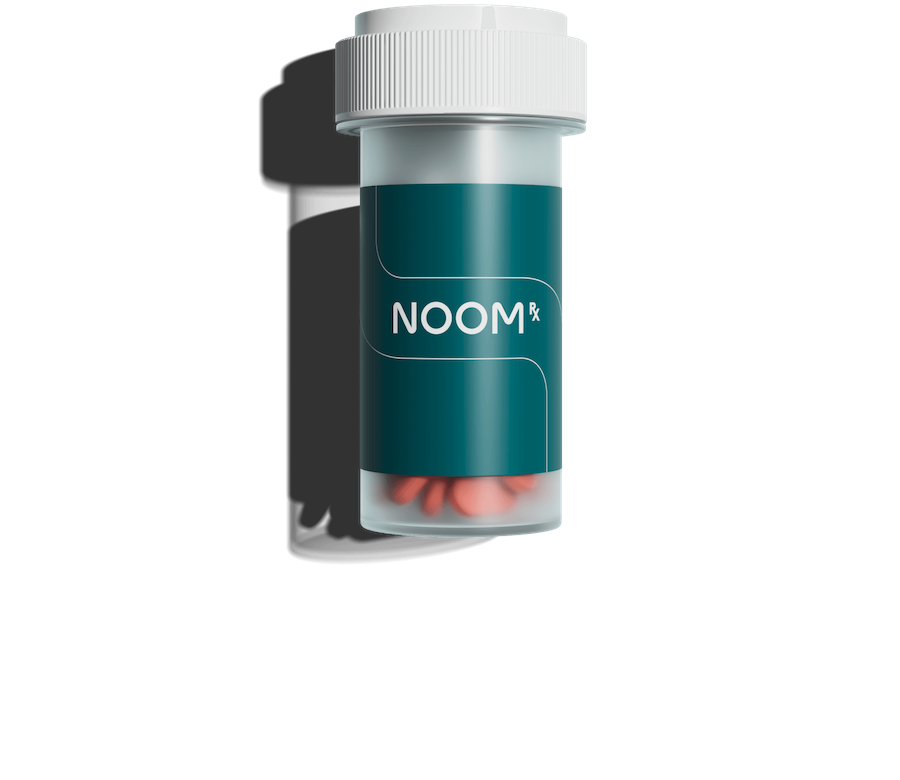
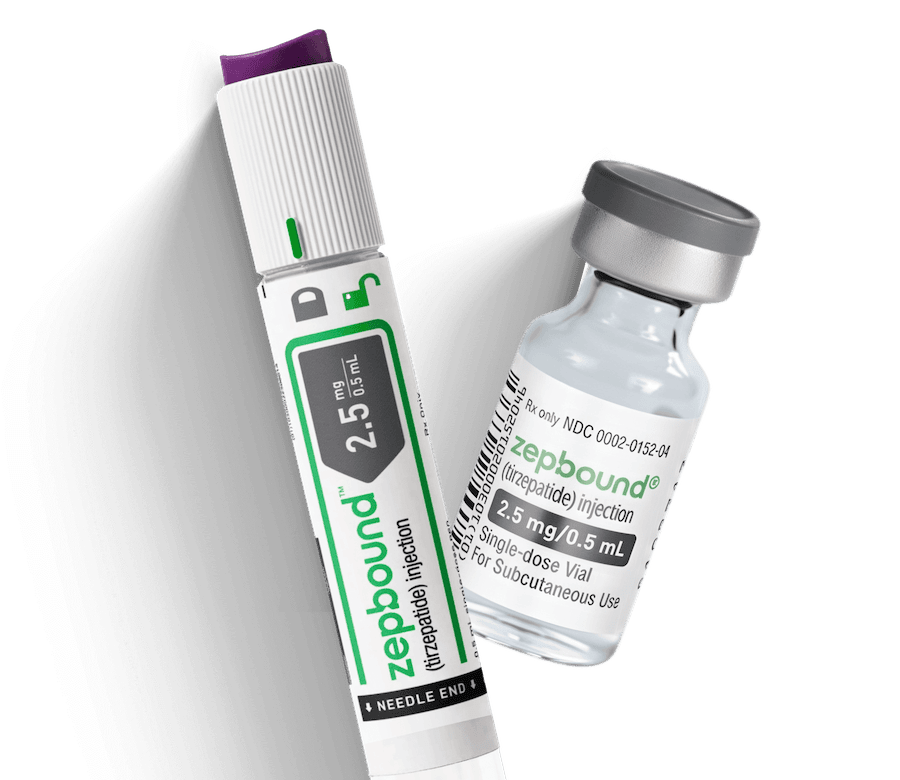
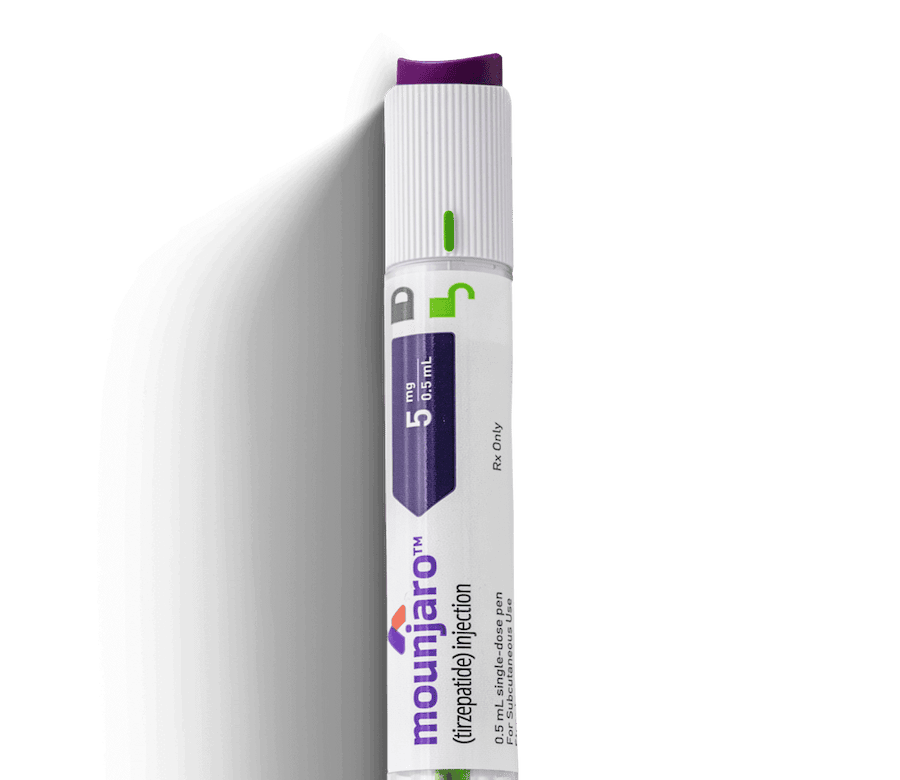




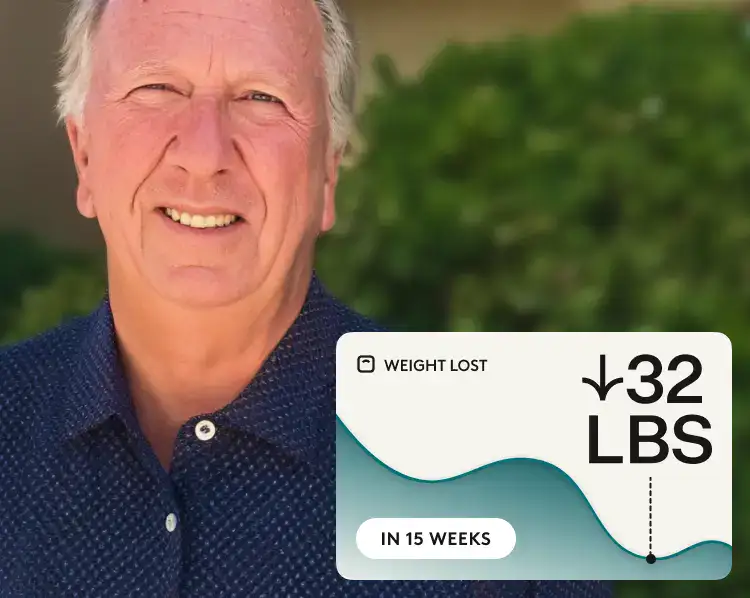
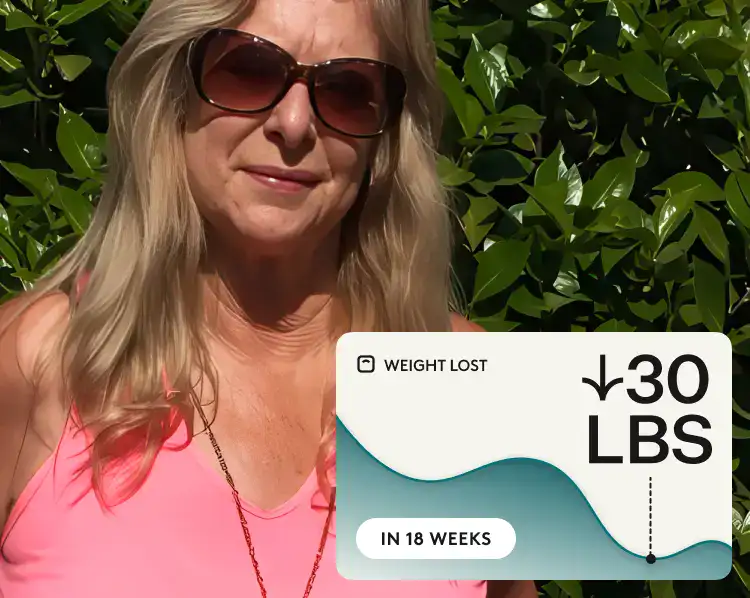



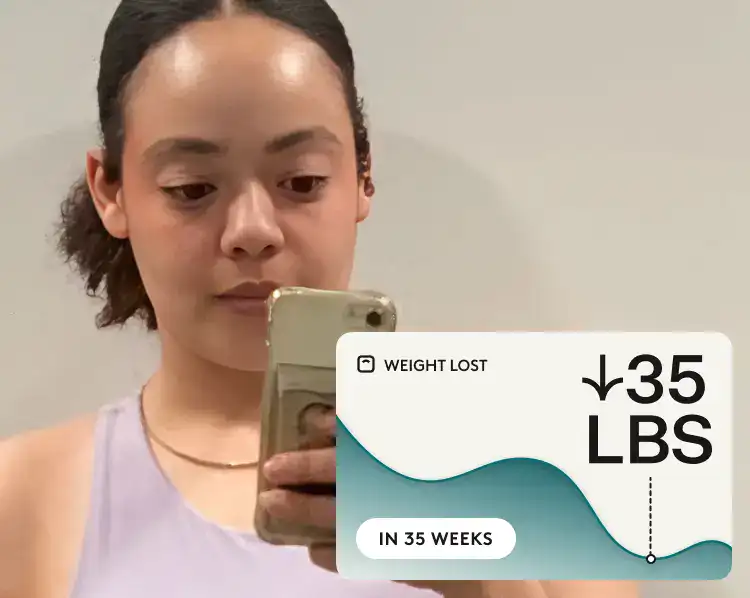



 Noom Team
Noom Team
 Melissa Kay
Melissa Kay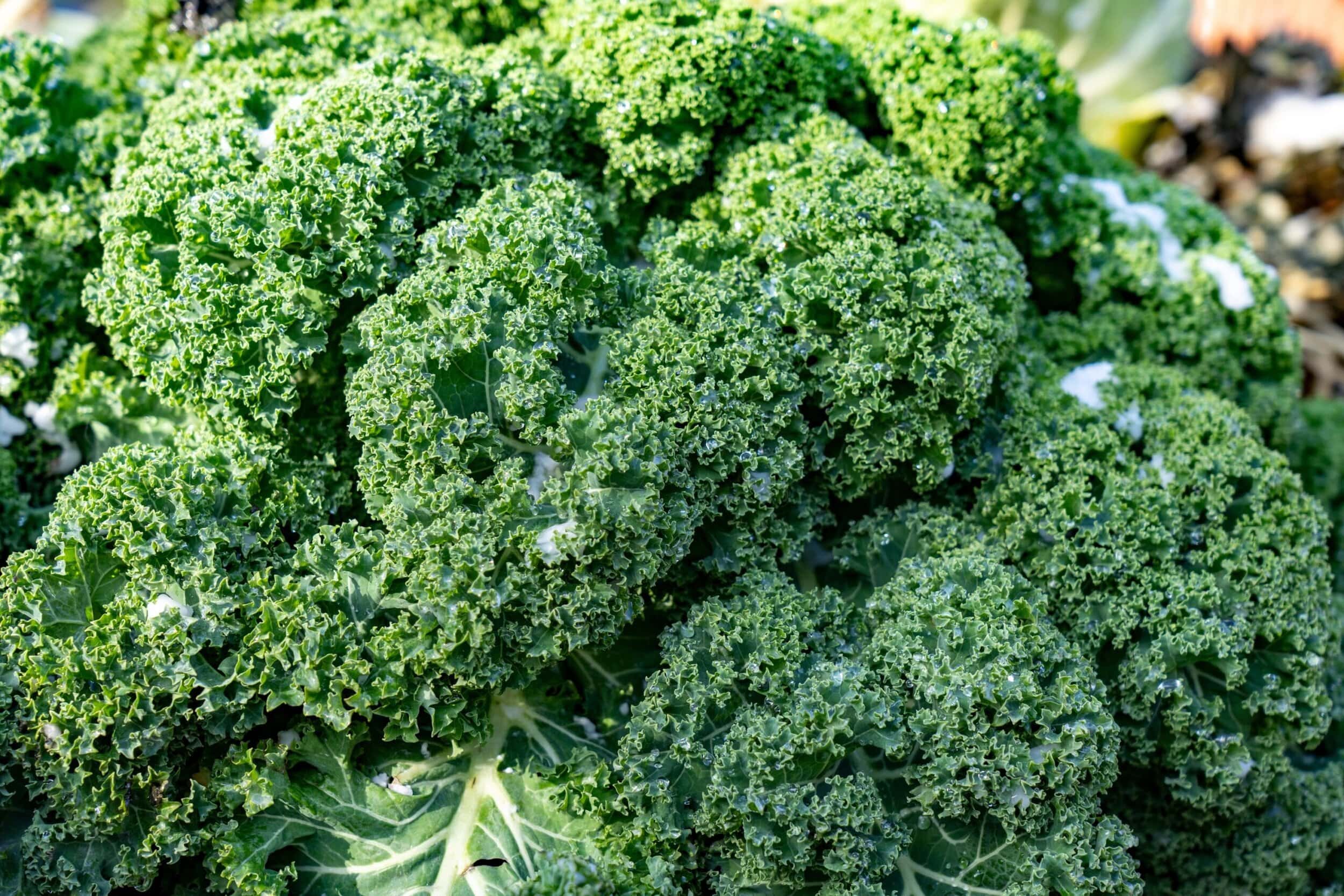

 Shoshana Fishbein
Shoshana Fishbein
